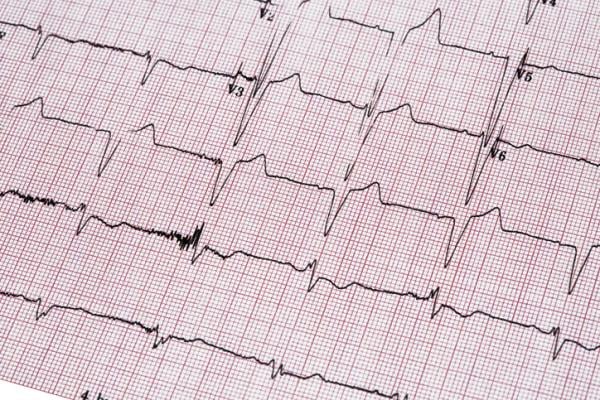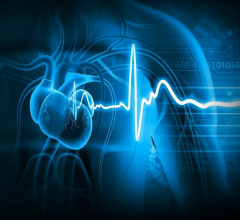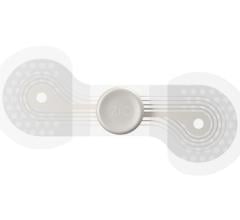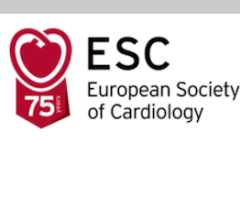
March 14, 2022 – Stroke is an acute disease of the brain and the most common cause of permanent disability in adults in Austria. Around 85% of all strokes are the consequence of an interruption in the blood supply to areas of the brain (= ischemic). Typical symptoms are the sudden onset of vision, speech or sensory disturbances or paralysis.
Speed saves lives
"If these symptoms appear, it is necessary to seek medical help immediately since the use of modern acute therapies can restore the blood supply and reduce secondary damage," explains Markus Kneihsl from the Department of Neurology at Med Uni Graz.
Along with acute therapy, evidence of the specific cause of stroke is critical to treatment and prevention of another stroke. Despite modern diagnostics, however, the cause of every fourth stroke is unclear, which is why the identification of heart-related triggers for stroke can be challenging. To optimize the diagnosis of stroke, a study was initiated by researchers at the Department of Neurology (study director: Thomas Gattringer) in cooperation with the Division of Cardiology at the Department of Internal Medicine (study director: Egbert Bisping) at Med Uni Graz and implemented by Kneihsl as a dissertation project.
Atrial fibrillation and stroke
The most common cardiac cause of stroke is atrial fibrillation, a heart arrhythmia that is accompanied by a much higher risk of the formation of blood clots in the heart (unless detected and treated appropriately). These clots can enter the blood vessels leading to the brain via the bloodstream and interrupt its blood supply. Irregular heartbeat and heart palpitations are typical symptoms of atrial fibrillation.
"It is tricky because many patients have no symptoms and atrial fibrillation frequently happens in brief episodes that give way to a normal heartbeat for days to weeks," says Kneihsl, summarizing the dangers of atrial fibrillation.
One possible result is that only normal heart rhythms are recorded during inpatient evaluation of stroke, even if the patient suffers from atrial fibrillation. This is especially significant since this arrhythmia is associated with severe and recurring strokes. However, the appropriate preventive drugs (= blood thinners) can drastically reduce this risk.
Seek and you shall find
In the studies conducted by the researchers, biomarkers for atrial fibrillation were identified from clinical information, characteristics of brain imaging, cardiac ultrasound, ECG and blood tests. Based on these biomarkers, a risk score has been developed that predicts underlying atrial fibrillation in patients in which the cause of stroke was initially unclear.
"Our internationally published study findings support the value of the risk scores we have developed in the evaluation of stroke patients. Patients with high risk scores have a greater chance of subsequent diagnosis of atrial fibrillation. Thus in these patients, intensified continuous heart rhythm monitoring is indicated," concludes Kneihsl from the findings of the study.This is ideally achieved by using a small implantable loop recorder that monitors the heart around the clock and reliably detects brief episodes of atrial fibrillation.
"The goals are early detection of patients with atrial fibrillation and prevention of further stroke by adjusting the drug therapy," adds Kneihsl.
The risk score, which has proven to be extremely effective in clinical practice, is used for all strokes whose cause is unclear that are treated at the Department of Neurology at University Hospital Graz. In upcoming weeks, it should be implemented in all special stroke units in Styria and cooperating internal medicine cardiology divisions. For his successful dissertation, Dr. Markus Kneihsl was granted the Award of Excellence of the Federal Ministry of Education, Science and Research of the Republic of Austria.
For more information:


 December 19, 2025
December 19, 2025 









